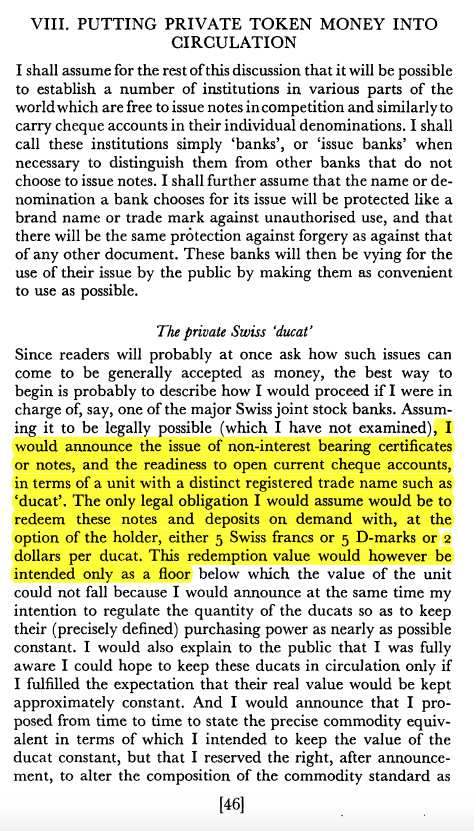I’m Genuinely Asking
Regarding the Starbucks controversy, I read this article and was struck by this passage:
The arrest of two black men sitting quietly in a Philadelphia Starbucks has set off a national discussion about whether there are any places or activities where race doesn’t color the experience. Even something as innocuous and common as waiting at Starbucks for a friend looks different when viewed through the lens of America’s ongoing race problem.
On social media, many white people expressed shock. Who hasn’t ducked into a local Starbucks to take advantage of its bathroom or internet or electrical outlets? But this simply is not the experience of many black people, myself included, who know all too well the pressure to buy something unwanted or unnecessary in order to avoid added scrutiny — a Black Tax, if you will.
To answer his question: I haven’t. It would not occur to me to use a Starbucks for internet or electricity without buying something. If I were out in public and had an emergency develop, I would certainly use their bathroom, and if the line weren’t long I would almost certainly then go buy something. (Indeed, on my recent trip to NYC my girlfriend had to use a bathroom while we were out, and I bought something from the restaurant to keep everybody cool.)
I agree that probably if I went into a Starbucks and plopped down at a table, that the manager wouldn’t ask me to leave. (This is hypothetical because it wouldn’t occur to me to do this. Even if I were waiting for a friend, I would buy something or I would tell the cashier what I was doing so they wouldn’t think I was free loading, in case I didn’t want to drink the coffee before my friend arrived.) But oh my gosh if the manager *did* ask me to leave if I refused to buy something, then yes I would be gone.
So anyway, I’m genuinely asking: How do you folks answer the bold question in the quotation above?
Potpourri
==> David Gordon reviews the Independent Institute’s collection on Pope Francis. I wrote the Concluding essay. David included this zinger from me:
Murphy answers alarmism about “climate change,” another feature of the Pope’s encyclical. Drastic restrictions on production are defended as “insurance” against an environmental catastrophe. Murphy responds: “Yet if the proper justification for aggressive climate change policies is insurance for unlikely events ‘just in case,’ then it should be clear that the public has been misled all this time. Nobody sells a homeowner fire insurance by saying, ‘We can see the ravages of the fire on your property as we speak!’” (p.218)
==> Not sure if I already mentioned: My latest article in the Journal of Private Enterprise, on the removal of the 1970s price controls on crude oil. Some good stuff in here (for real); not just for wonks, but especially if you’re an economics professor, check it out. Friedman admitted he had misstepped, for example.
==> You heard it here first: I’m telling you people, I smell a rat with this dark matter stuff. They are inventing 95% of the mass/energy of the universe that is unobservable, in order to reconcile observations with their pre-existing framework. Nope.
==> Richard Ebeling on Mises the man, the myth, the legend:
Murphy Stuff
Some of this may be repeats, but I’ve been traveling so much I may have skipped things…
==> Contra Krugman 133, we talk about Smoot-Hawley etc. We largely agree with Krugman on this one.
==> Tom Woods Show 1125: I am the special guest talking about the Coase Theorem.
==> Lara-Murphy Show Ep. 52: We have Nelson Nash on as the special guest, discussing Chapter 4 of our new book (which draws on Nelson’s material for a live audience).
==> I have an article in the latest issue of the Journal of Private Enterprise, discussing the crude oil price controls of the 1970s. Some good stuff for economists!
The Magical Murphy Tour
==> On Saturday April 14, I’ll be speaking with Jeff Deist and Carlos Lara about the economy, in Nashville. Details here.
==> On Monday April 16, I’ll be in NYC debating George Selgin on fractional reserve banking. Details here.
Jim Caveizel’s Moving Testimony
The actor who played Jesus in Mel Gibson’s “The Passion” tells a cool story from the set, and then makes some touching observations about the character of God.
Hayek and the Regression Theorem
Hayek had a controversial plan for privately issued, competing fiat currencies. (I talk about it here.) But uh oh, here’s a giant in Austrian economics who might be throwing cold water on the proposal:
It is probably impossible for pieces of paper or other tokens of a material itself of no significant market value to come to be gradually accepted and held as money unless they represent a claim on some valuable object. To be accepted as money they must at first derive their value from another source, such as their convertibility into another kind of money. In consequence, gold and silver, or claims for them, remained for a long time the only kinds of money between which there could be any competition…
Bad news for Hayek and his privately issued “ducats,” huh?
Exceeeeeeeept, the above quotation is from Hayek himself, in his “The Denationalization of Money,” just 15 pages before he unveils his plan for ducats.
So what’s happening here is that Hayek was fully aware of (what we call) Mises’ regression theorem, and in fact apparently believed it himself. His proposal for “ducats” included a redemption pledge to get the private token money off the ground, so that the public would have a non-arbitrary way of initially valuing the notes:
Jon Stewart Points Out Media Silence on Ron Paul
I saw some guy has this as his pinned Tweet.








Recent Comments